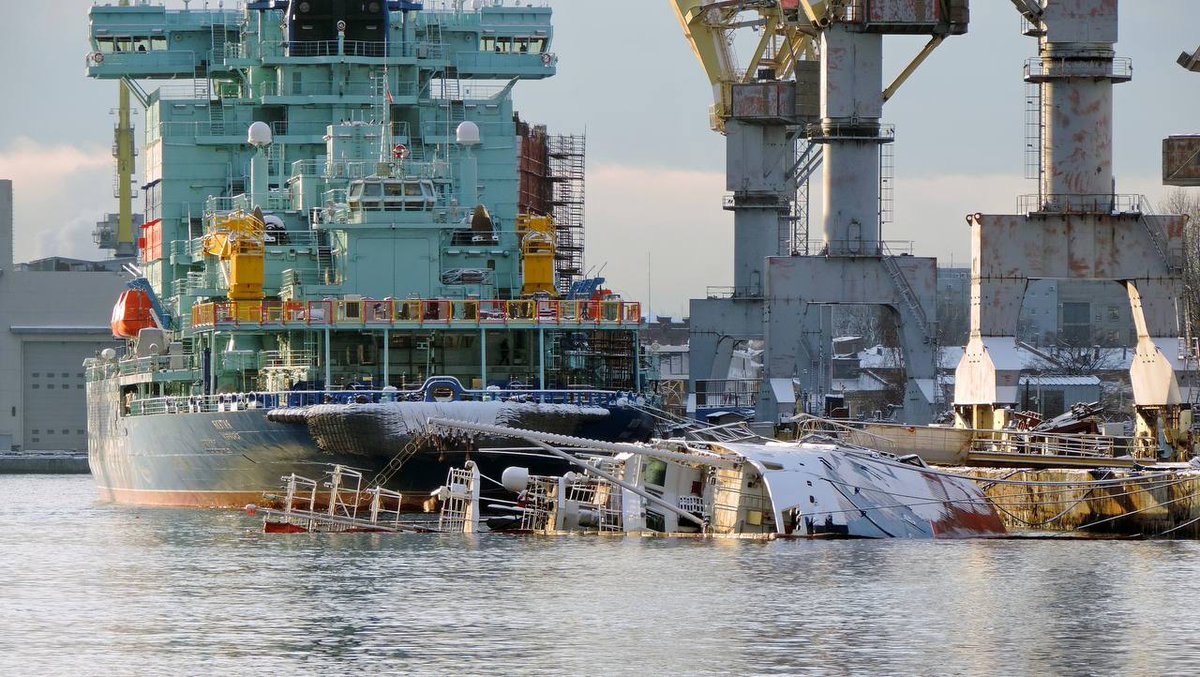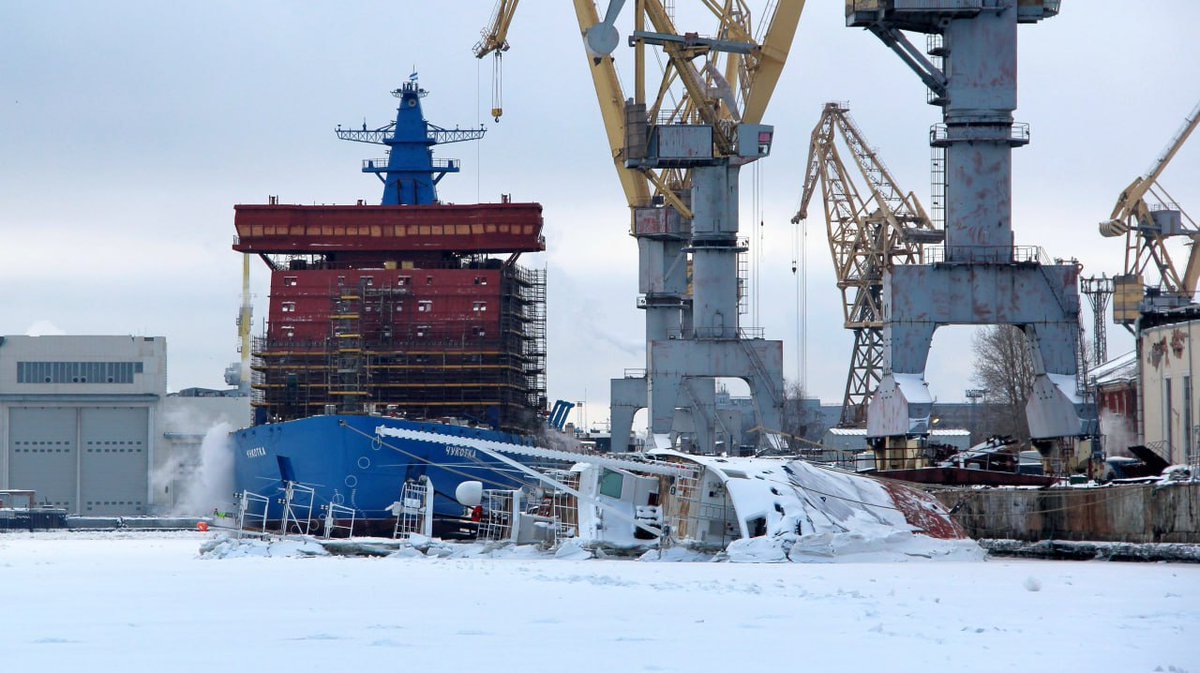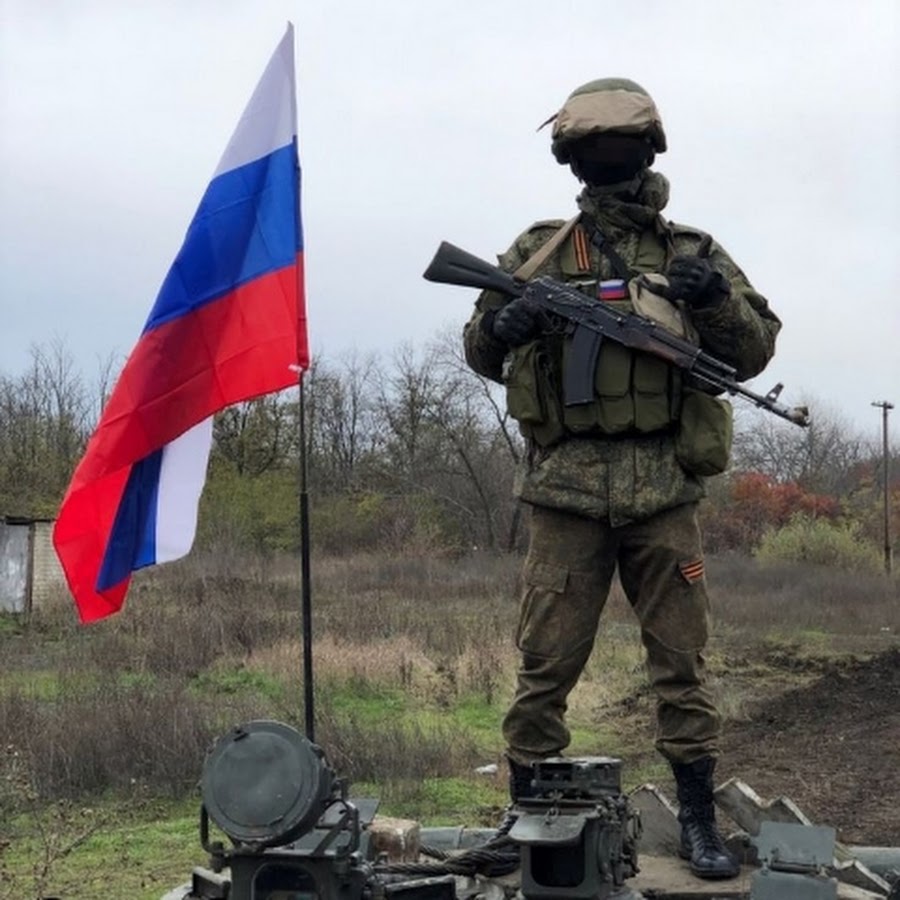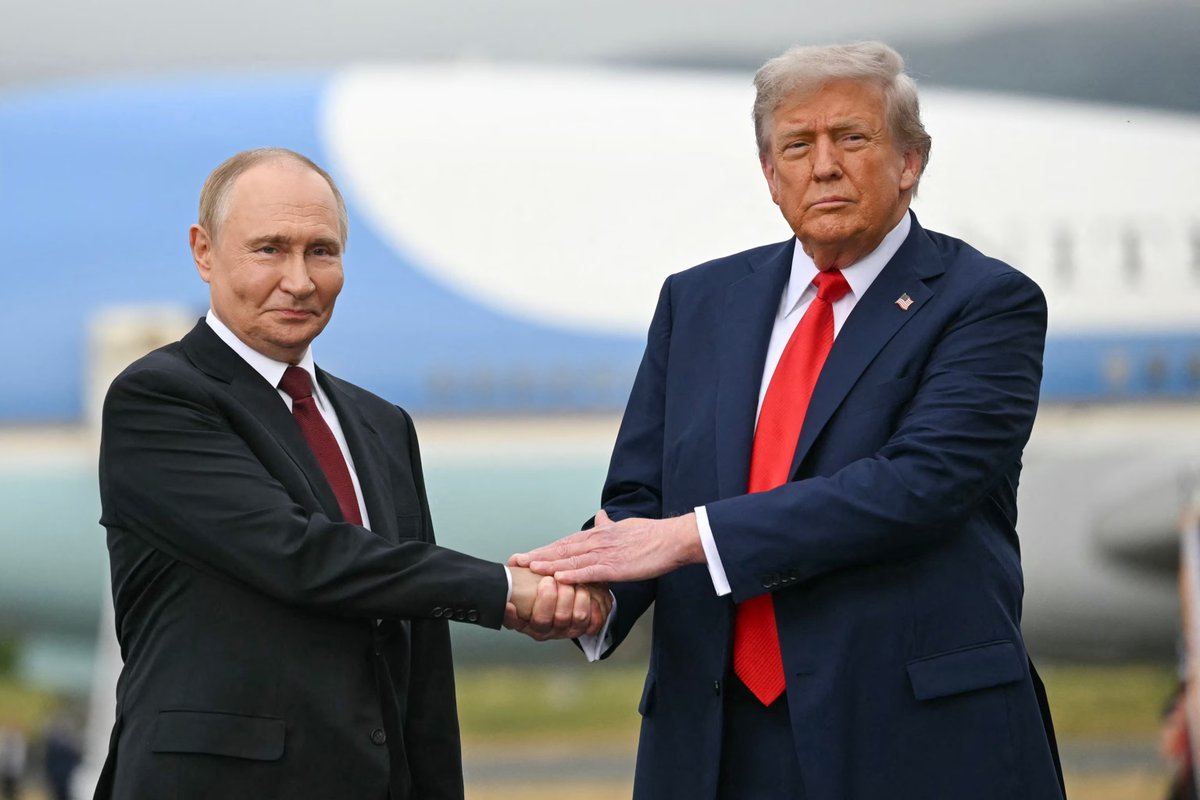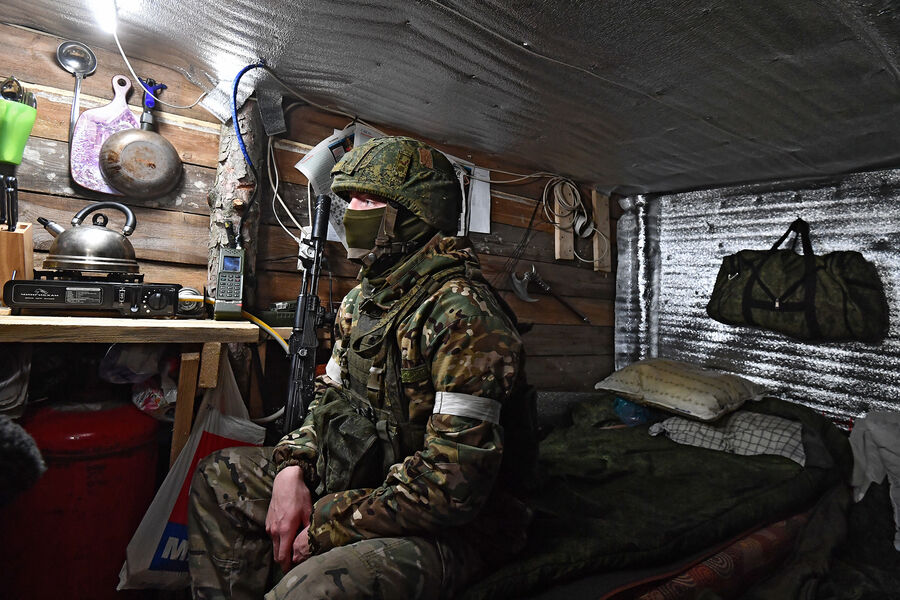1/ Dozens of mobilised Russians from Volgograd are reported to have died after being sent to fight in Ukraine without being given any ammunition. Their deaths are said to have been covered up subsequently, but independent Russian journalists have reported on their story. ⬇️ 

2/ The 'No Future' project has published a long report on the fate of the men, who were part of the first wave of Russia's mobilisation in September-October 2022. They seem to have accepted their mobilisation orders as their patriotic duty.
3/ One man told his wife: "Do you understand that the next day they will come to bomb us? I have a sister here, a mother, goddaughters. I'm going to protect you first."
Relatives sold cars and other personal items to equip their men before they were sent to a training area.
Relatives sold cars and other personal items to equip their men before they were sent to a training area.
4/ Training turned out to be minimal. A wife says that that the men "played on their phones" for two weeks and had one session at a firing range where they shot ten blank rounds from a sniper rifle. According to No Future:
5/ "Relatives say that the mobilised rebelled and demanded to be taken to exercises more often, to which one of the unit commanders replied: "You are meat."
6/ Disillusionment set in. One man told his wife, "Don’t believe anything that they say in the news, they are bullshitting, not a single word of truth, a complete lie.”
7/ The men were sent to Dzhankoy in Crimea and were briefed about how to deal with the civilian population in the occupied Kherson region, where they were to be sent. As a wife put it, "You can’t trust anyone there at all - not a grandmother, not a child, not anyone.
8/ "There are civilians there who treat Russian soldiers almost like their own children, and there are residents who promote Bandera, who are for Ukraine, they call [the Russians] occupiers there, they hate them.
9/ They were told that if a civilian doesn't surrender, doesn't lay down, doesn't raise his hands, he will be wasted."
10/ The men were cautioned against being too lenient with Ukrainian civilians. "Many boys die foolishly. Because the civilians are human beings, [the soldiers] feel sorry for them, and here they are."
11/ The men were sent to a forest belt 30 km from Kherson (in the area which was then held by the Russians on the north bank of the Dnipro) on 16 October and told to dig in there. They were heavily bombarded and had only occasional food deliveries.
12/ They kept themselves going for eight days amid liquid mud, drinking alcohol to cope with the bitterly cold night temperatures.
However, the men had no idea what they were supposed to be doing there.
However, the men had no idea what they were supposed to be doing there.
13/ One of them, a man called Vladimir, says: "To the question "what were you doing there?" everyone answers the same way – nothing, they just dug in and sat there. We were all wondering the same thing – why are we sitting here?
14/ What our tasks are, where the enemy is – no, we were not told, it's probably a military secret, it's not disclosed."
15/ Absurdly, the men were not even issued with ammunition. The photograph at the top of this thread was taken in the forest belt near their trenches. The men pose with their weapons – but none of them are loaded or have any ammunition for them.
16/ Another of the men, 'Burda', says that they were told they didn't need ammunition because they were told, "You’re not going to fight, you’ll be on guard". However, the men discovered that they were expected to attack the Ukrainians even without ammunition.
17/ "We were enrolled in a mobile assault unit. When mortar shelling occurs, we are obliged to run at the enemy, shout “For victory!” and go into battle. But, as you understand, you can’t run far without ammunition. Where can I run with an empty gun? Take it to a pawnshop?"
18/ Ukraine's advance in the Kherson region put the men at danger of being surrounded and overrun. On 23 October they were ordered to withdraw. Late at night, they were hastily put on board three trucks, which turned out to already be half-full of materiel:
19/ "Around 11pm, the vehicles – two military Kamaz trucks and a Ural with an awning instead of a roof – arrived. There was not enough room. Half of the bodies were crammed with goods, we were loaded chock-full, on top of one another, with our heads pressed against the awning."
20/ An argument broke out between the mobilised men and their officers, who were urging them to board. The exchange went something like this, according to the men:
21/ "– The trucks are overcrowded! We won't go like this!
– If there is shelling, an attack, close combat, we just won't get out of here!
– There's no time, no time, no time! Hurry up and get in!"
– If there is shelling, an attack, close combat, we just won't get out of here!
– There's no time, no time, no time! Hurry up and get in!"
22/ The trucks drove off to the bridge over the Dnipro at the Kakhovka hydroelectric power station. As they approached the bridge, they were blocked by a civilian car. Second later they were hit by HIMARS rockets, which wrecked the trucks and killed or injured many of the men.
23/ One survivor recalls: "[There was] an explosion, a bang and seconds later it hit my Ural. A green flash, my helmet just flies off, falls to the ground. I don't understand what is happening in this Ural, the guys all bowed their heads.
24/ I asked: "All alive? Is everybody alive? Everybody alive?". And my head starts bleeding. I start throwing my boys, who had started moaning, out of the Ural. The others were completely silent, they were just killed.
25/ I just have half my skull missing, I start throwing earth into my head in the first puddle ditch I come across. We didn't even have first-aid kits, nobody gave us any. The guys were all running around."
26/ The men blamed their commanders for the deadliness of the attack, as the trucks were close together and travelling slowly when they were hit. They say their commanders ran away after the attack.
27/ "The company commander and battalion commander forced people to get into overcrowded vehicles, did not coordinate the march with the leadership, sent the column without cover and drove along a dangerous route.
28/ [The battalion commander] ditched the wounded, ditched the dead, and just ran away from there. When the boys were left under fire, he left his position and went to another place, supposedly to look at new positions and wait for the boys there."
29/ Burda says that 70 died in the initial attack on the right (north) bank of the Dnipro, with more being killed on the left (south) bank. He says that he personally identified 32 dead from one of the trucks in the convoy, in which everyone inside was killed.
30/ Some of the men suspect they were set up by people on their own side collaborating with the Ukrainians, but this seems unlikely, as the bridge had come under repeated HIMARS attacks and was likely being watched by the Ukrainians for vehicles crossing it.
31/ A stream of corpses arrived back at Volgograd a few days later. Relatives lamented on social media: "The coffins are flowing", "How many more for this date?", "So many corpses and not a word".
32/ The exact number of casualties is unclear. No Future has been able to confirm 24 names. Other sources have counted between 25 and 70 dead.
/end
Source:
nofuture.press/klub-24/
/end
Source:
nofuture.press/klub-24/
Updated link to the source article:
https://twitter.com/Noftr_ru/status/1634849447145525248?s=20
• • •
Missing some Tweet in this thread? You can try to
force a refresh


